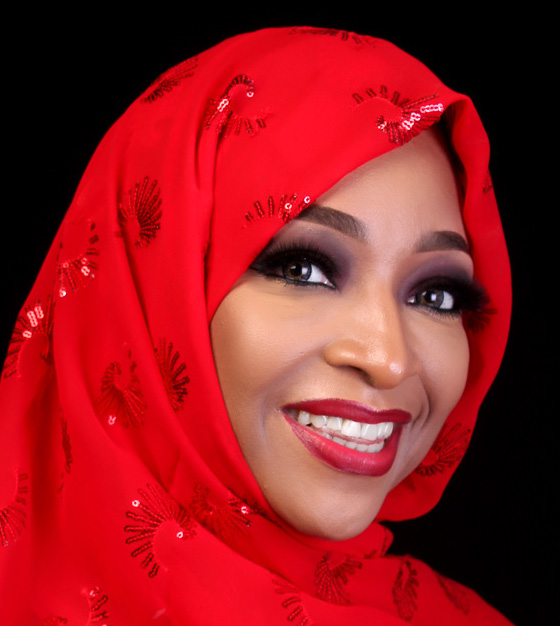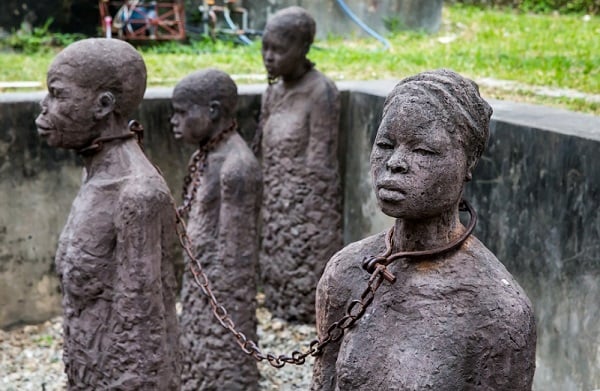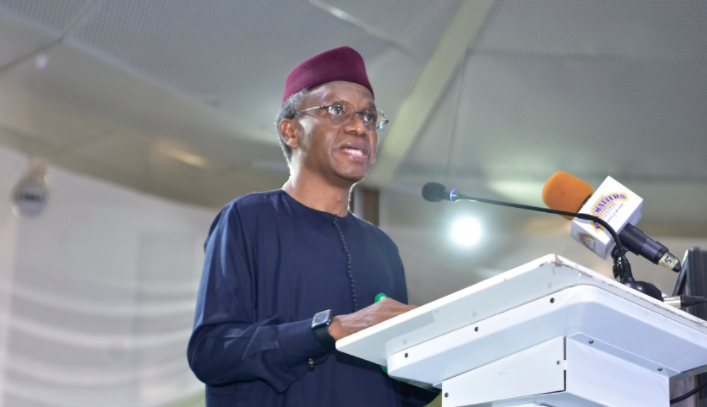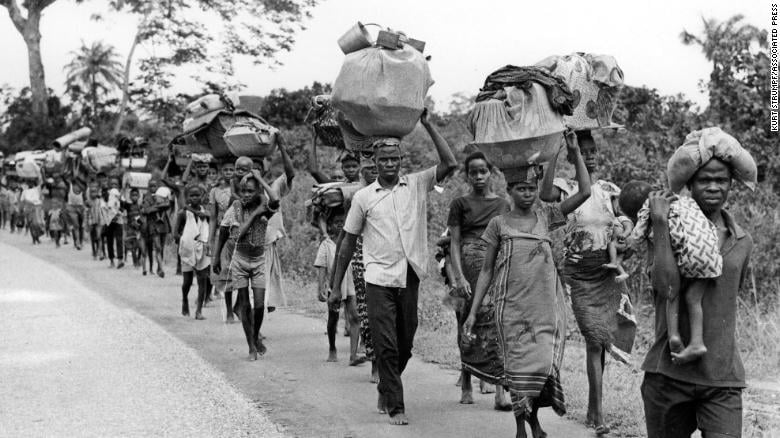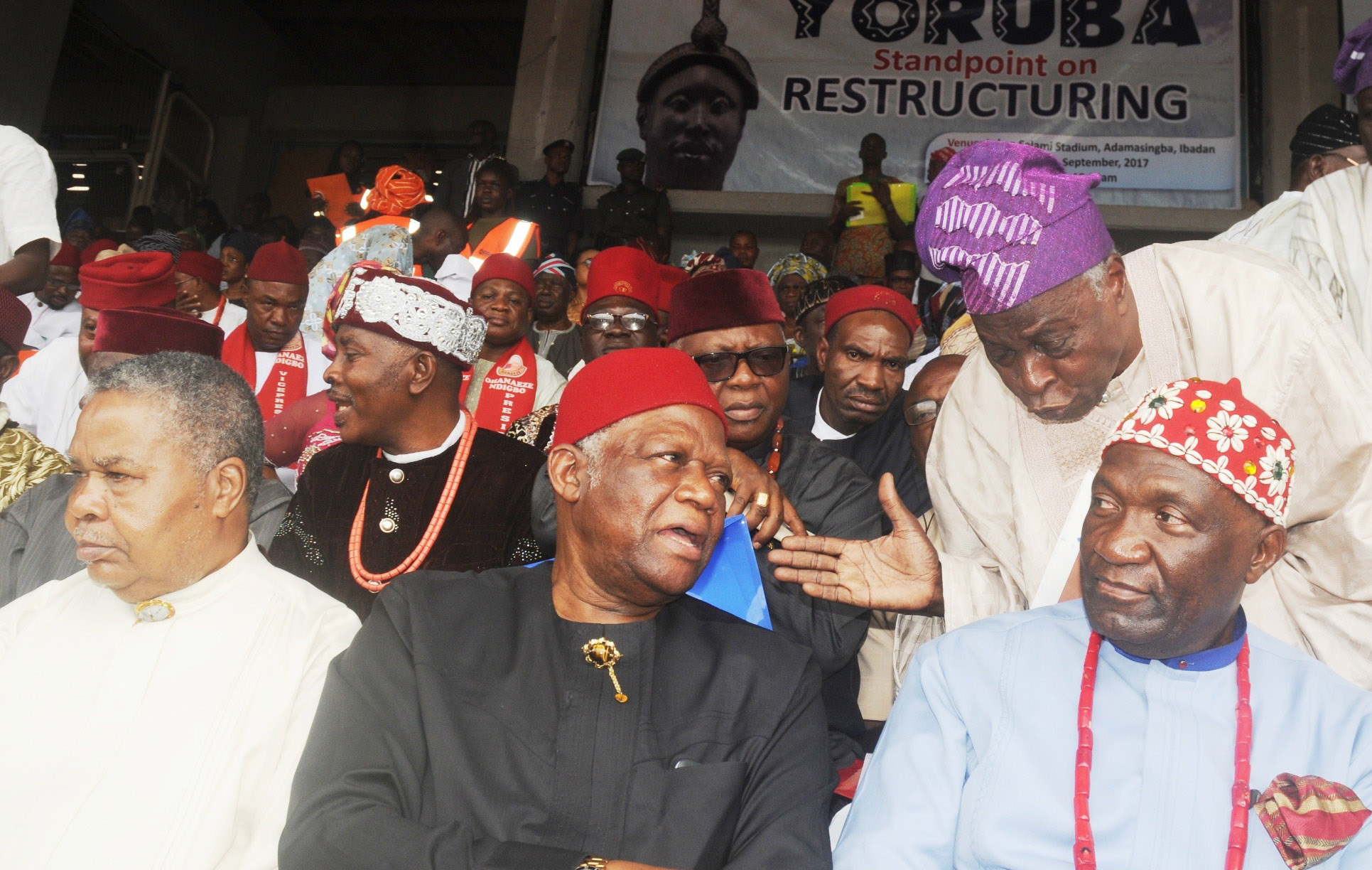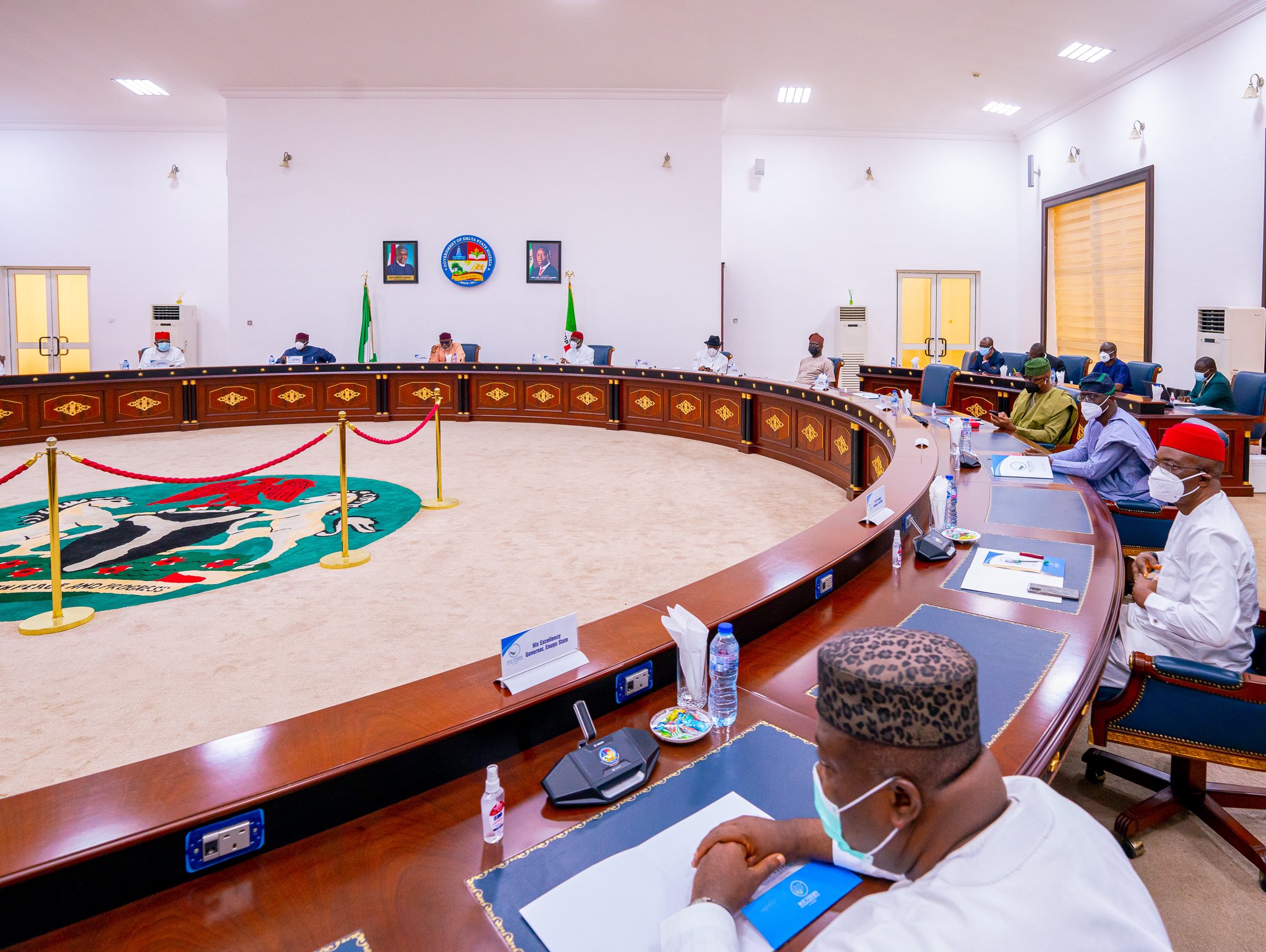'Genetic impact' of African slave trade revealed in new DNA inquiry
“Wake up Africa! Let us work towards the one glorious end of a free, redeemed and mighty nation… Let Africa be a bright star, No one knows when the hour of Africa’s Redemption cometh, it is in the wind, it is coming. One day, like a storm it will be here. When that day comes all Africa will stand together!”– Marcus Mosiah Garvey.
Ambitious words from a brave and great man spoken in 1925. At the time he made that speech, the man known as the ‘black Moses,’ Marcus Mosiah Garvey, a Jamaican who strived to bring unification and strength to black people throughout the world believed it would happen, blacks all over hoped it would happen, imperial powers feared it would happen. A United States of Africa in all its colour and glory, with its heritage and resources standing as one nation to rival all other super powers. But did it happen? Did it? Absolutely not… And converse to Garvey’s idea, Africa today lays upon a trench of corruption, destruction, disunity and disarray. As we commemorate and celebrate African unity on this Africa Day, 2021 (Tuesday, 25thMay 2021), the present reality of the united force that Garvey envisaged is that of approximately 100,000 child deaths every day, weak and non convertible currencies, mounting debt, civil war, ethnic cleansing, rigged elections, epidemics and poverty.
It is a shame that a spectacular continent of rich history, natural resources and stunning diversity such as Africa got to such a nadir from our starting position as the ‘cradle of humankind’. And the cradle we once were, because most of the available scientific evidence points to Africa as the continent in which human life began.
Archaeologists have, in the past, discovered the oldest fossils of the early ancestors of humankind in Africa and believe that humans developed first in Africa and then spread around the world. The implication of this notion is that all modern people are ultimately of African descent. If one takes this out-of-Africa theory that human life began in Africa and spread to other continents, then one can’t help but question why the progress of Africa is so stunted as opposed to that of other continents.
Advertisement
The common theories are, of course, a combination of factors, which includes a warped genetic makeup, the nonchalant attitude of the black man and extremely bad leadership. Some even go as far as to suggest that the colonial powers did everything they could to give negro people negative perceptions of who they were. The causations believed Africans were essentially an inferior race and by imbibing this belief into the mindset of the blacks, it created a mighty inferiority complex on the part of the blacks.
However, if one agrees that most of the problems that characterize Africa stem from colonialism and exploitation by the Europeans, we must also agree that it is about time we took our future into our own hands so that we can take responsibility for ourselves. If the causations acted in a manner that served their own interests, then so must we. Progressive and educated Africans, rural and urban Africans, traditional and modern Africans need to step up because it is only Africans who can make Africa prosperous.
The developmental route has never been easy for African nations. Even at the time African countries started gaining independence, the transition from a colony to an independent state was never straight forward owing to the dichotomy between the people and cultures. By the time most countries had gained independence, Africa’s nationalists had accepted the boundaries drawn up in the 1880’s although the borders cut across different ethnic groups and put opposite tribes together. This left the majority of African countries with conflicting interests, competing power bases and contra ethnic groups.
Advertisement
Another, somewhat more controversial blame for Africa’s under development lies on post-colonial African political leaders, who were not very well educated and ignorant on matters of governance leading to great instability and setting of weak foundations. Some of those post-colonial leaders were known to have used their station to re-ignite old ethnic fracas previously concealed under colonial rule in order to hold onto power. Others were corrupt and autocratic, interdicting any type of resistance immediately upon taking up office and quashing the European-made constitutions and parliaments.
There is no doubt that part of the problem in Africa has always been political thuggery, which has been aided, abetted and excused by elites in order to personally benefit from governance. Good governance appears to be too tricky for most African leaders owing to the greed, selfishness and arrogance that has, in the past, led to some despotic rulers plunging their countries to war for personal gain. When at the helm of power, our leaders seem to mechanically be blinded by self interest and fail to see that the continent is walking a precarious path.
In a majority of African countries, the people cannot determine their own destiny through free and fair elections because polls are never held or, if they are allowed, they are always rigged. Most African economies are in ruins today because of rampant corruption, economic mismanagement and lack of public accountability. Despite our reality, I have always believed that Africa can be a success story and we can produce leaders that rival the best in the world. When one considers examples created by the likes of South Africa, Namibia and Botswana, hope does seem to return.
And if one considers the legacy of these great nations, it seems possible for us to lift ourselves up and dust ourselves off.
Advertisement
And as for African leaders; of all the sons of Africa who endured degradation, financial and public damage and would have yearned to stay in power for the rest of their life as compensation, none was chastised more than Nelson Mandela. Yet Mandela was President of his country for only one 4-year term. He did not overstay his welcome and, as a result in his early retirement in leaving power before power left him, remains loved and idealised; much like Garvey, a symbol of what a black leader ideally should be.
Africa is not poor; it is a beautiful continent loaded with natural resources, exciting traditions, and amazing nature, among so many other positives. It could easily be one of the richest continents in the world in so many ways.
For as long as anyone can remember, our continent has been identified only with unbridled governmental corruption, ineptitude, development stagnation, disease, war and poverty, but we are more, much more than that.
Africa is home to the Sahara and the Kilimanjaro, location of the Nile and the Niger, motherland of Maryam Makeba, Fela and so many other great artists and the native land of the Bantus and the Ashantis. And for any continent to produce the kind of richness, splendour and brilliance that ours does, then it really does have the potential to be the greatest place on earth, the most special part of the Globe.
Advertisement
When Prophet Moses led his people to the Promised Land, at Mount Sinai they encountered challenges, but that still did not stop them from striving on. For our very own ‘black Moses’, Marcus Garvey, who started the back-to-Africa and development movement a century ago, all hope is not yet lost.
As we celebrate this Africa Day, let us pay homage to those children of Africa that dreamed and really fought to make this continent the best it could be.
Advertisement
When Marcus Mosiah Garvey made his speech, the prospect of a united Africa seemed more of a reality than it does today. But as we contemplate our victories, achievements, losses and our failures, it is imperative for us to join hands, as one, and pray for Mother Africa to, at last, WAKE UP!
I invite you to follow me on Twitter and Instagram: @hanneymusawa
Advertisement
Views expressed by contributors are strictly personal and not of TheCable.
